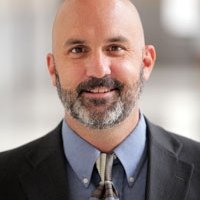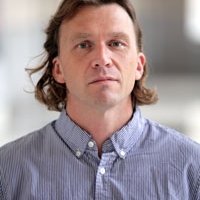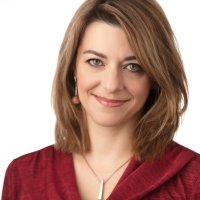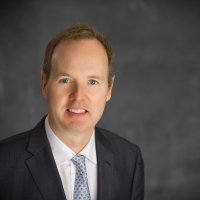25 Years of Independence: Questioning Post-Soviet
The concept ‘post-Soviet’ is more than a modifier for marking historical time or geographic space. The joint inheritances—political, economic, cultural, and intellectual—of the Soviet Union contribute to common challenges for the fifteen successor states. At this book launch event, the panelists considered issues ranging from human movement to the intellectual organization of space, underscoring the continued relevance of the term 'post-Soviet' as an organizing idea.
0900-0930 - Keynote remarks
James Goldgeier, Dean, School of International Service, American University
0930-1045 - 1st Panel: Redefining the Post-Soviet Space: Politics, Economics, and Ideology
Edward C. Holland, University of Arkansas
Sergey Aleksashenko, The Brookings Institution
Marlene Laruelle, George Washington University
William E. Pomeranz, Kennan Institute
1100-1215 - 2nd Panel: Reconstructing the Post-Soviet Space: Religion, Migration, Cities, and Frozen Conflicts
Matthew Derrick, Humboldt State University
Alexander Diener, University of Kansas
Megan Dixon, College of Idaho
Gerard Toal, Virginia Tech University
Speakers

Independent scholar

Assistant Professor, Department of Geography, University of Kansas

Assistant Professor, Department of Geography, Humboldt State University.

Director and Research Professor, Institute for European, Russian and Eurasian Studies (IERES), Elliott School of International Affairs; Director, Central Asia Program, The George Washington University; Co-Director of PONARS (Program on New Approaches to Research and Security in Eurasia)

Hosted By

Kennan Institute
The Kennan Institute is the premier US center for advanced research on Eurasia and the oldest and largest regional program at the Woodrow Wilson International Center for Scholars. The Kennan Institute is committed to improving American understanding of Russia, Ukraine, Central Asia, the South Caucasus, and the surrounding region through research and exchange. Read more
